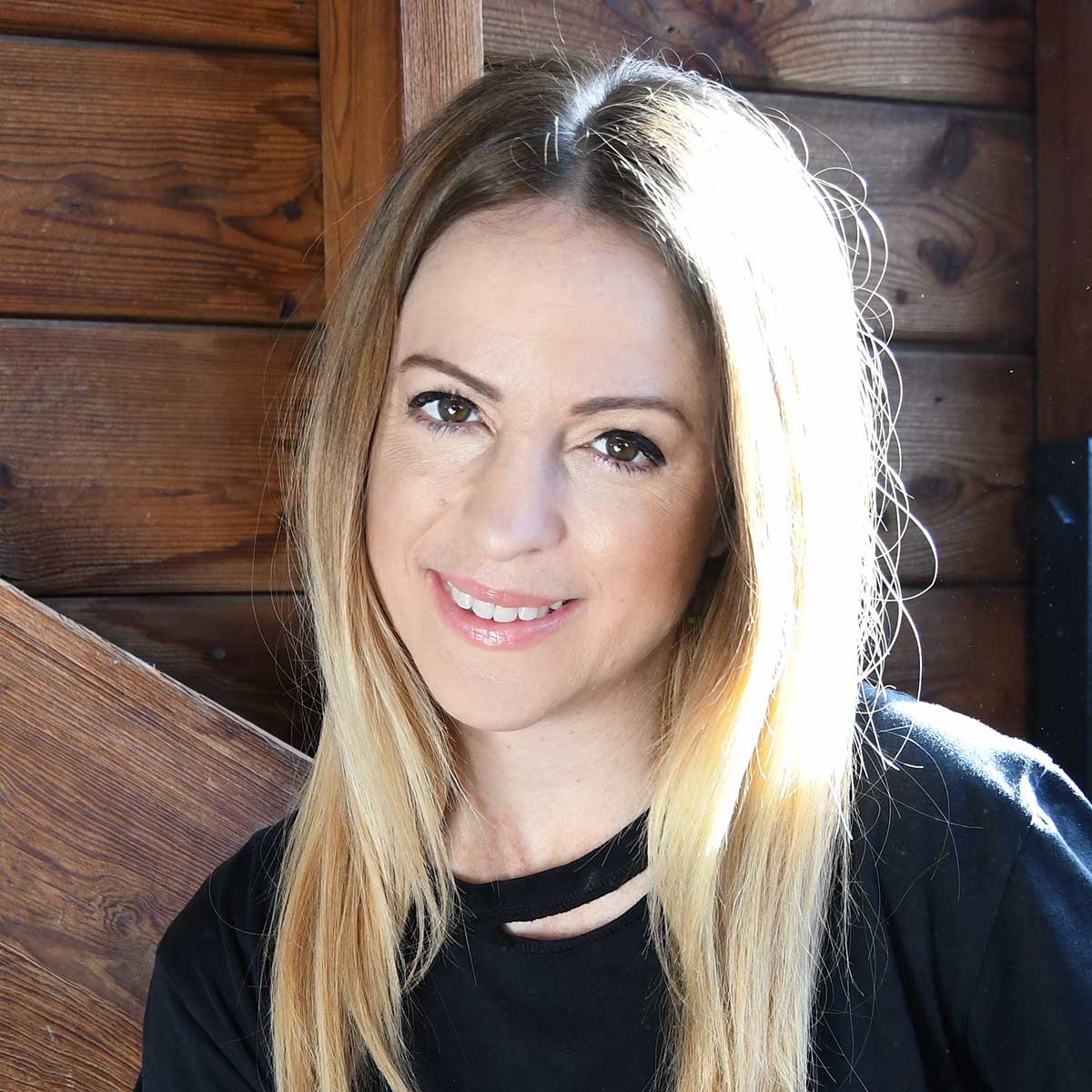
Rachel Gardiner
The Church should talk to young people about sex!
Rachel Gardner, Director of Partnerships at Youthscape, looks at a difficult topic, and explains why she wants the next Greta Thunberg to be a Christian.
“I would love it if the next Greta Thunberg was a Christian teen-age boy or girl who said, ‘Today’s social issues really matter to God – I’m going to get involved’”.
“I want to see young people stepping up and being the voices in our communities”.
As an energetic youth activist, speaker and writer, Rachel’s vision is to support youth practitioners to empower young people, and help them develop strong godly identities in a world strewn with issues around identity, sexuality, mental health and social isolation.
As Director of Partnerships at national youth work organisation Youthscape, and President of The Girls’ Brigade, she works to help youth leaders support teenagers by connecting with them on tough topics; and by helping churches catch a fresh vision for what local youth ministry could look like. Two such topics are at the forefront of her mind.
“We need to work out, as the UK Church, how we’re going to engage with young people on the really tricky areas of identity and sexuality – especially when a Christian view will often put you in tension with the culture around you,” she says.
To this end, she recently decided to close The Romance Academy course she developed for Youth-scape 15 years ago, in order to launch a research project with churches, leaders, youth workers and parents, and produce more up-to-date advice.
“I want to know if the average church-based youth volunteer or youth worker is initiating conversations with young people, specifically about sex, desire, temptation and consent,” she says. “I’m asking what the barriers are, what young people are hearing from the Church, and what it would look like for the Church to engage with young people. What would that fresh vision for young people’s lives look like?
“The Church isn’t set up to be the sexual education body for the UK, but there is a very unique role it can play in the community and in the lives of young people.
“It’s really exciting and I’m feeling choked up just talking about it because a key part of the gospel is that we keep young people safe. Conversations with young people around sex and sexuality are not luxurious add-ons that we have if we have experts in the room.
“This is the gospel. Jesus is good news for young people’s mental and sexual health, for their insecurities, loneliness and social isolation. If, as a Church, we fail to wrestle well with the things young people are facing, we’re not stepping into our call to be witnesses”.
Rachel expects her research to highlight pastoral care, an understanding God’s view of identity, and in helping teens understand they are created, loved and precious, as priorities for those working with young people – but, equally, to reveal a lack of support on how to provide this.
“My hunch is many Christian church-based youth workers are often left alone because they don’t really know what their church’s position is on certain topics. There’s very little support or input”.
For this reason, she plans to use her research to publish a ‘manifesto for the Church’ – a new book and resources for youth workers. “I want to bring some thoughts and ideas about how, over the next 10 to 20 years, the Church can engage”.
Aside from research, Rachel’s other passion is to help everyday churches build a vision for youth ministry.
“I’m a huge fan of the professionalisation of youth ministry, but one of the negative impacts of this is that we say, ‘I can’t talk to that teenager who’s just walked into church on his own. We need to find the youth worker!’ The fact is, there isn’t an army of paid youth workers on the horizon. If we’re going to see a Gen Y in this generation reached for Jesus, it’s going to need everyday church people like you and me, to allow God to break our hearts for this generation. No matter our lack of resources or how small our churches are, what would it look like for a congregation to reach out to young people?”
Several of Youthscape’s projects focus on helping local churches with limited resources but a heart for young people, support some of the most invisible and vulnerable teens in their communities.
Rachel’s work brings her alongside vulnerable young people caught up in county lines activity, drugs and sexual or criminal exploitation. “Surely, the local church has something to say and give to a 13-year-old boy with high social anxiety, refusing to go to school, sat at home, beginning to smoke weed because his mum is out all the time, and there’s no one else looking after him".
Youthscape, she says, is aiming to provide more practical advice for churches on how to respond. It is currently researching healthy spiritual practices – use of money, time, language, prayer – that help embed discipleship in the lives of young people who haven’t grown up in Christian communities. “A number of programmes we’re innovating and piloting are trying to help churches, because we want youth ministries that are good, safe and well-supported”.
Ultimately, says Rachel, youth practitioners and churches need to help teens develop strong identities as children of God.
“The reality for most young people is that it’s a profoundly uncertain time. They’re growing up in the shadow of global terrorism, aware of the impact to the environment of the way the world consumes stuff. They are keenly aware the future isn’t rosy, and I feel like there’s a sadness that’s settled in the hearts of young people that I wasn’t seeing ten years ago.
“We’ve come to a place where many young people feel profoundly insecure about their value and are struggling in physical spaces to be confident and assertive. Lots of them are experiencing aggressive worlds online and are being really hurt and damaged in relationships; we’re seeing way more young people really crippled with emotional distress, in high fear.
“Youth work needs to be deeply compassionate and involving of these precious lives.”

Who is Rachel Gardner?
Rachel is director of partnerships at national youth work organisation Youthscape, and also supports the work of The Girls’ Brigade as its President. A youth activist, and regular speaker at conferences and events on youth and faith-related topics, Rachel is the author of a number of books for young people, including The Girl De-Construction Project: Wildness, Wonder and Being a Woman. She is married to Jason and the couple have an adopted daughter and son.
Enjoy this article? Don't forget to share